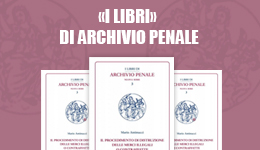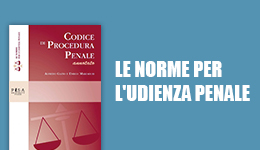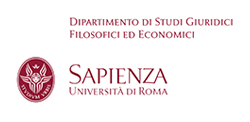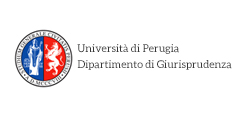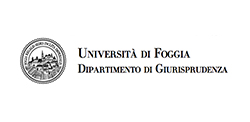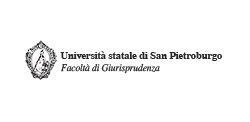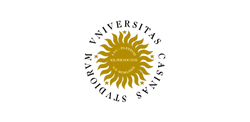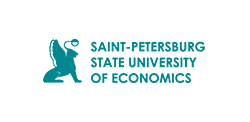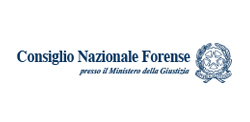Le “prove di verità” e la libertà morale del dichiarante
Archivio Penale
© dell'autore 2020
Ricevuto: 29 January 2020
| Accettato: 03 February 2020
| Pubblicato: 04 February 2020
L’intero articolo è disponibile
Riassunto
Dalla maieutica socratica al neuroimaging, sono passati oltre due millenni eppure la perscrutazione della psiche umana, il saper discernere una verità dalla menzogna, è rimasta ambizione comune della filosofia, della scienza e del diritto; in quest’ultimo ambito, a lungo ci si è interrogati su come le varie strumentazioni tecnologiche (e non) potessero contribuire all’accertamento processuale, con particolare riferimento al giudizio d’attendibilità delle fonti di prova dichiarative. E sebbene, rispetto ai diversi interessi tutelati dall’ordinamento, sono stati individuati soddisfacenti punti di equilibrio, il dibattito sembra annichilirsi, fino a mortificare, quando il discorso viene incanalato alla volta della libertà morale; da quest’angolo di visuale, il divieto normativo appare invalicabile e ciò impone una seria riflessione sulla persistente attualità di quei presidi, in teoria, garantistici enunciati dagli artt. 64, co. 2, e 188 c.p.p.
The "evidence of truth" e the moral freedom of the declarant
More than two thousand years have passed from the Socratic maieutic to the neuroimaging, but the study of the human psyche, specifically the attempt of distinguishing a truth from a lie, is still a common ambition of philosophy, science and, nevertheless, law; in this last field, it is being questioned a lot how technological (and non-technological) tools could assist the determination of the fact in a trial, with particular reference to the judgement of reliability concerning the declaratory evidences. And, comparing the different interests protected by the legal system, although satisfactory points of balance have been identified, the debate seems to annihilate himself, almost mortified, when the speech leads to face the principle of moral freedom; from this point of view, the prohibition of the legislation appears insurmountable and that imposes a serious reflection on the current importance of those abovementioned safeguards provided for by artt. 64, co. 2, and 188 c.p.p.
Percorso di valutazione
Peer reviewed. Certificazione della qualità


